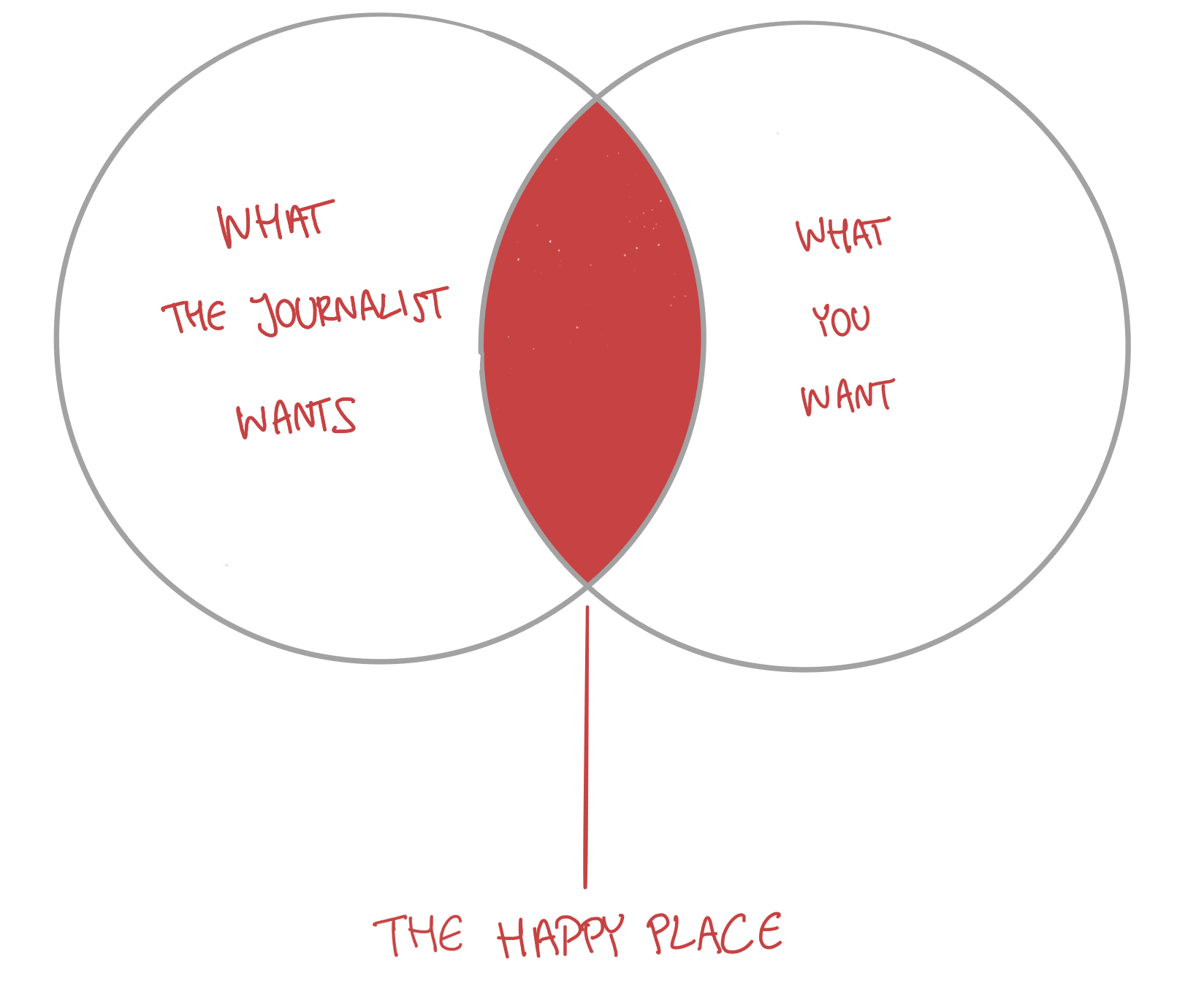We’re 20 months into a live-streamed, modern variant of what experts across the board call a genocide in Gaza. Israel is wiping out entire families, bombing shelters and schools, and blockading the Strip as famine is spreading.
And with every check of my feeds, I’m confronted with a familiar tension: between what feels smart — to avert my eyes and preserve the clarity of my thinking — and what feels right — to dive headfirst into all this sorrow and pain, if only to empathise at some pathetically insufficient level, human to human.
And yet… something is shifting. In recent weeks, some Western leaders and high profile commentators who are not on the left are making critical noises on Israel for the first time. France, the UK and Canada jointly branded Israel’s conduct “intolerable, unacceptable and wholly disproportionate”. Establishment flagship papers like the Financial Times, The Economist, The Times and The Washington Post have published editorials urging hard leverage on Israel. “Trump’s favorite podcaster” Theo Von came out against the genocide. Israel even lost Piers Morgan, who has spent a good part of his post-October 7 panel ‘debates’ asking anyone who will listen whether they condemn Hamas.
Vitally, the optics emerging from all this are dreadful for Israel. A fresh Pew poll finds it viewed unfavourably in 20 of 24 surveyed countries, with numbers collapsing among young voters across the West.
A discussion I hosted last week, with Palestinian poet Mohammed El-Kurd and Yanis Varoufakis. We discussed the issues in this post, and much more.
People talk about this shift in whispers, perhaps not wanting to jinx it. Or they say, correctly, that it makes no difference to the tens of thousands (possibly many times more) of innocent lives already lost. And the reasons for it, well, they’re still TBD.
But it’s there and it’s undeniable. The Overton window is widening, little by little, making anti-zionism a legitimate moral stance in the eyes of the world for the first time.
So, I keep wondering: if someone gave me a budget and asked me to make progress on Gaza, what would I do? I’d try to push that window open further.
How to press the advantage
I’d do this with a media and influencer campaign2 that would work on two levels: loudly and quietly.
Overt action: signal boosting
I’d take the existing base — the activists, the cultural figures, the dissenters who are already sympathetic — and make their output look bigger than it is, by creating a coordinated amplification machine.
This wouldn’t have to be anything fancy; just a secure Signal group with trusted influencers (many of these lists exist already — I’m on a few). Then I’d use this group to share and boost any media moments worth highlighting. Like an unexpected critique of Israel in a liberal paper, a surprise celebrity rant against zionism, or a news anchor grilling a pro-Israel politician for the first time. I’d encourage quote-sharing, short video edits, memes, raids of the comments sections… whatever makes this kind of content trend.
The key is to avoid framing this coverage with the standard critique that it’s too little, too late (even though it is!). Instead, I’d put it this way: the world is finally catching up.
Quiet persuasion: widen the coalition
Next, behind the scenes, I’d widen the circle of voices ready to criticise Israel[^1]. Look beyond the left-wing bubble; zero in on liberal and centre-left journalists, editors and influencers who are uneasy about the war but still silent. Approach them with a classic media relations drive. Simply:
- Gathering a solid list of spokespeople: respected Jewish voices, UN experts, or human rights figures. Bonus points for people who are speaking against their political interest, since they are the most compelling.
- Approaching the influencers with offers to interview the above spokespeople. Also offer background briefings, research and links to other influentials who have spoken out. Recalibrate the message based on current events, and always use angles that resonate with their news priorities (agenda mapping). Also, use the media’s biases to your advantage.

Fringe and radical-left media are not the priority, since they preach to the converted and lack broader reach (they still matter for testing messages, but they will not shift swing opinion). That means: Politico instead of Jacobin; The Guardian instead of Novara Media. Turn more liberal commentators into Piers Morgans. Because there’s a good chance they want to speak out, and are just waiting for a push to do it.
Also: for these pitches, I’d tighten the language. Yes, it is a genocide; yes it is ethnic cleansing. But I’d want to avoid triggering a knee-jerk dismissal and losing the audience. So a human rights framing would be better: the “Israeli government’s far right policies”, its “systemic discrimination” of Palestinians, the “legitimate moral concern“ of its murderous attacks.
To reiterate, this two-pronged plan again:
- A coordinated amplification machine, to boost the anti-zionist output that is already out there. And
- A classic media relations campaign, to provide liberal and centre-left influencers with the input to create more of that output.
That’s it.
* * *
What success might look like
- Mainstream coverage of Gaza that uses terms like “apartheid” or “ethnic cleansing” without scare quotes3
- Visible cultural figures saying the things only fringe leftists used to say.
- A growing perception that it’s no longer “brave” or “controversial” to criticise Israel’s actions…. it’s obvious!
Once criticising Zionism becomes normal, the policy space will follow.
What do you think?
cheers for now
Mehran
PS If you enjoyed this post, please forward it to a friend. Or if you were forwarded it and would like to subscribe, go here. It’s quick and spam-free. Thanks!
Notes
1: There’s good precedent for these kinds of tipping points. The most recent and obvious is the case of comedian Jon Stewart, who used used humour to make a previously taboo theory about Covid leaking from a lab publicly discussable, prompting a media and political re-evaluation. Or MeToo: once a few high-profile individuals spoke out about abuse, a cascade of similar testimonies created a tipping point that redefined public norms on sexual misconduct.
2: We wouldn’t need a big organisation; it could be a grassroots effort. This is very similar to what we did with Omikron Project in Greece, which I documented here.
3: In practice, we would need concrete metrics. Like “by December 2025, at least five national broadcasters in G7 countries adopt the ‘apartheid' frame. Or “a ten-point rise in unfavourable views of Israel among 30-to-49-year-olds in the US”. But I get that this can feel scary and offputting, so for illustrative purposes I've kept the metrics general.
Update 13/06/25: Since I shared this, several readers asked me: “Why don’t you do this yourself?” It’s a fair point, and the answer is: I don’t have the bandwidth right now to lead such a campaign. My goal here is to offer a plan others can run with, adapt, or build on. I’d be happy to advise though, if a team steps up.

